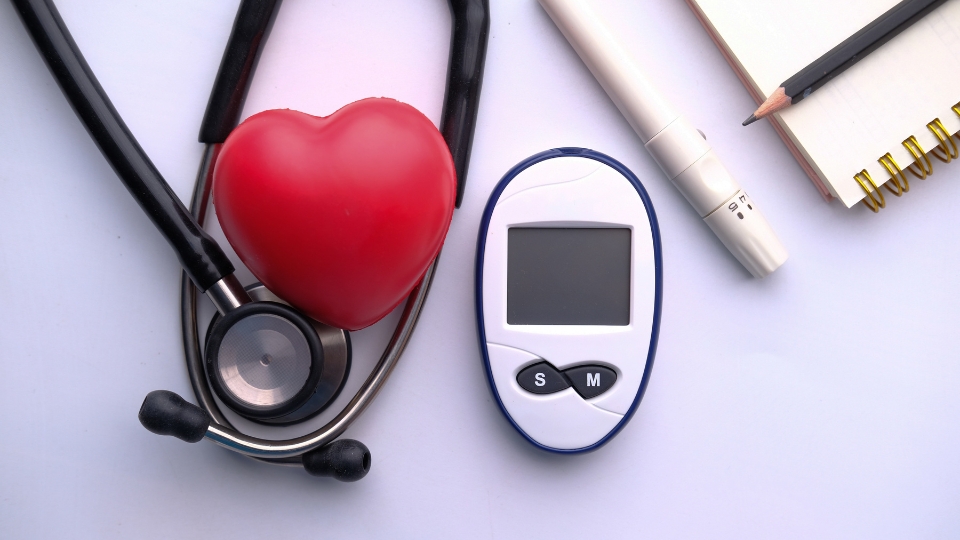Artificial intelligence is one of the hottest trends in technology. More specifically, it’s a tool mobilizing it that has been at the heart of much debate in recent months: ChatGPT.
This intelligent conversation robot, developed by OpenAI in San Francisco, California, offers almost limitless prospects in numerous fields of application, as it promises to simplify, in a powerful way, many human activities.
And it’s perhaps in a very specific field where it wasn’t particularly expected that the AI-based chat tool could make its greatest contribution: healthcare.
Let’s have a look at some of the types of healthcare intervention for which ChatGPT seems to have a clear path.
ChatGPT: artificial intelligence at the service of healthcare
Before going into the reasons why ChatGPT promises to be a real boon for both patients and caregivers, let’s have a look at how it works.
ChatGPT is a tool that enables a fluid, structured written exchange between a human and a machine. The machine relies on its own learning from the billions of data items consulted and linked, to produce clear, precise answers to their interlocutors.
This is the machine learning principle behind ChatGPT: repeated exposure to information from a wide range of sources has enabled it to make the necessary connections to formulate its own answers.
The same data analysis enabled it to transcribe responses appropriately in terms of syntax, language level and flow of exchanges. In this way, ChatGPT perfectly mimics human behaviour during verbal exchanges.
Access to healthcare: a simple mission for artificial intelligence
ChatGPT can play the role of an assistant, facilitating access to healthcare for the greatest number of people. In practice, this means helping patients to book medical appointments with the appropriate healthcare professionals. Depending on people’s availability, via access to calendar data on a smartphone for example, ChatGPT will identify available slots for appointments and confirm them autonomously.
Similarly, ChatGPT will play a major role in actively informing and educating patients about their health. In concrete terms, artificial intelligence will provide content and other learning and information aids on a range of topics. Combined with personalized health data, it could play an important role in the early detection and prevention of certain diseases, such as type 2 diabetes.
On a more day-to-day basis, it could also mean advice on how to keep your contacts, on whom you’ve compiled health information, in shape.

ChatGPT’s operational health: a consultation and follow-up intervention for patient treatment
Drawing on its accumulated knowledge and the data provided by patients (symptoms, current treatments and medical prescriptions), ChatGPT will be able to provide a diagnostic response to those who have questioned it. The information will be sufficiently precise and reliable to provide the patient with sufficient insight. Its analysis will also be supported by its knowledge of the patient’s state of health and personal or family history.
On the same principle, ChatGPT will be able to use its knowledge of the latest prescriptions to remind each patient of his or her medication intake in an appropriate manner. As with appointments with general practitioners or specialists, ChatGPT can be used via a mobile application, displaying automatic notifications directly on the patient’s smartphone.
Finally, ChatGPT will be able to provide precise, regular medical monitoring, based on the patient’s existing health data as well as on new indications shared by the patient. Connected to medical devices or vital signs sensors, ChatGPT will be able to perform high-performance analyses and alert the patient to variations in indicators that require it. Data such as weight, heart rate, respiratory rate, blood oxygenation or glycaemia will be crucial. They will enable the management of certain diseases such as hypertension or diabetes.
Which players in the healthcare sector will benefit from the power of ChatGPT?
We’re naturally thinking of healthcare professionals, who will be able to monitor their patients’ health on a daily basis, remotely and in real time, and thus anticipate a number of phenomena. In doctors’ surgeries and hospitals, ChatGPT will be able to assist each professional in his or her medical practice.
But they are not alone. Biotech companies and start-ups of all kinds active in the wider healthcare sector will also benefit. Indeed, many existing and future applications will be able to enhance their functionality thanks to this additional interactive dimension. Artificial intelligence will provide a relevant complement of information and analysis to guide their users.
The example of type 1 diabetes: how ChatGPT could improve the experience of treating a chronic disease
Artificial intelligence is already at the heart of insulin therapy devices. The closed loops that enable automated, continuous insulin delivery are based on self-learning algorithms and predictive processes. They make it possible to anticipate and improve insulin intake according to individual needs and activities. Artificial intelligence adapts to each patient’s meals, physical activity and blood sugar levels.
ChatGPT will reinforce this system by enabling live exchanges with insulin-dependent patients. Patients will be able to ask ChatGPT what behaviour to adopt depending on the situation: hyperglycaemia, hypoglycaemia, type of meal, etc.
Patients can also directly inform the artificial intelligence integrated into their mobile application or medical device (insulin pump, sensor, connected pen). By sharing the evolution of their state of health, they can obtain answers more quickly than if they had to get them from their endocrinologist or diabetologist.
This kind of humanized interface should make it possible to avoid a number of critical, even life-threatening, situations. On a more macro scale, this should relieve congestion in hospital emergency departments and reduce the number of unscheduled consultations. It could also facilitate the work of caregivers during consultations, who will be able to anticipate the arrival of their patients.
In the future, we can imagine artificial intelligence being called upon to instantly assess remaining insulin production capacity, simply by analysing samples of pancreatic cells. All therapies should therefore be able to be personalized and improved for all patients. From an immunological point of view, too, it offers a clear view of the autoimmune activity of antibodies. Artificial intelligence will enable faster treatments and cures in the future.

